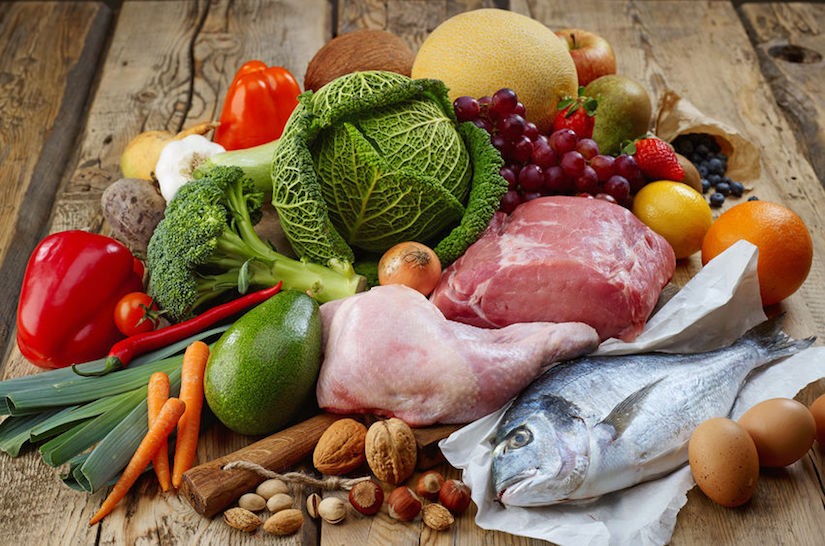by Jhoanna Robinson
Professor Tim Spector from King’s College London, author of The Diet Myth, said a hunter-gatherer diet, one which includes seasonal vegetables and wild game, can help replenish our gut bacteria.
Spector spent three days consuming this type of diet during his stay with a Tanzanian tribe called the Hadza, who live in the Savannah and are one of the world’s the last surviving pre-agricultural societies.
Spector said a prehistoric diet paved the way for him to gain 20 percent more types of microbes in his gut and encouraged Westerners to adapt the native tribe’s way of eating. “The Hadza have the healthiest guts in the world in terms of diversity,” he said in an interview with the Times.
He said that the presence of diverse microbes in the gut is “[inversely] associated with the risk of almost every Western ailment. It’s not so much the microbiome itself, it’s what it produces. All these microbes produce thousands of chemicals and metabolites.”
Spector said he analyzed his stool sample after the experience, and found that the results were amazing. “I’ve taken 50 samples or so in the past couple of years, and it doesn’t go up or down much. I went to India, and it didn’t change anything like this.”
“Is it this amazing combination that keeps the Hadza thin and in a better immune state?” Spector added.
Among the food staples that Spector indulged in was fresh porcupine meat, which tasted like any other barbecued meat; fruit of the baobab tree, which was crushed to make a citrus-flavored milkshake; and wild tubers, which tasted a lot like celery and turnip, Spector said.
He did not like the tubers much. “We dug them up and stuck them on the barbecue and they were a bit dull.” He had dissenting opinions when it came to the porcupine meat and the fruit of the baobab tree, however. “Once you had taken the fur off and the quills it was pretty much like most barbecue meals.”
“I wasn’t expecting to like [baobab fruit]. But actually it ended up like a citrusy milkshake.”
He said the Hadza had 40 percent more gut bacteria in them than any other average Westerner. This has something to do with the fact that the Hadza don’t use disinfectant and any form of sterilization equipment, making them more prone to ingesting beneficial bacteria, Spector said, noting that such bacteria can help in staving off diseases such as diabetes and asthma.
“If I ate exactly those foods in north London for a couple of weeks would I still see the same result? Probably not. The Hadza don’t use utensils, don’t sterilize anything, and everything is thrown on the fire, fur and all. Maybe we should ocasionally go back to our roots – rewild ourselves, go camping with the kids, and get dirty,” Spector said.
More emphasis has been placed in promoting gut health, what with the advent of fermentation and the crowning of kefir, kimchi, and sauerkraut as the new superfoods. Probiotic food and drinks are also on the rise, what with scientists constantly topping themselves with the best way to incorporate “good” bacteria into every day dishes and meals. (Natural News).



